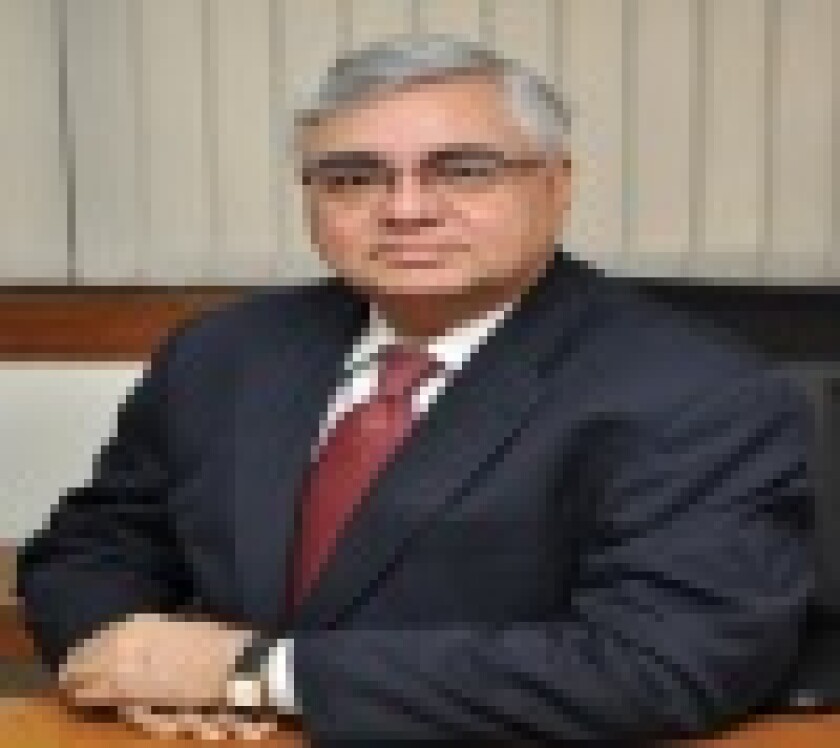In an exclusive interview published in the May issue of International Tax Review, Parthasarathi (Partho) Shome said multinational groups were “exhausted” by India’s unpredictable tax system. However, he said his contact with senior administration officials while chairing the TARC convinced him they were committed to change.
P Chidambaram, the finance minister in the previous government, appointed Shome to chair the TARC in August 2013. The commission produced four reports between June 2014 and February this year, looking at subjects such as organisational structure, capacity building and information sharing between the different revenue agencies, impact assessment, the tax and taxpayer bases, and compliance.
Arun Jaitley, Chidambaram’s successor, said during his Budget speech on February 28 this year that the government was examining the TARC’s recommendations, with a view to implementing them in 2015/2016.
“The whole point of TARC was to benchmark India against the best practices globally,” said Shome, “and then look at the gaps and make recommendations from that point of view, with the objective of enhanced customer focus, as well as the assignment of human resources of the tax administration in a much more rational manner than prevails today.”
Help for taxpayers
Shome said Jaitley’s Budget gave “very good signals” to taxpayers, particularly relating to commitments to reduce corporate tax, introduce goods and services tax in 2016, and move forward with the TARC’s recommendations, but that implementation would be the test.
“The government should put in that extra effort, both in terms of time and staff, and intellectual resources, to implement what they have declared are their policies. That will be the proof of the pudding.”
Shome, an adviser to two former finance ministers, added it was important that India took part in the BEPS project.
“The important thing is to participate fully and openly in the discussions and deliberations so India’s views are recorded and recognised. Only then will India’s views be reflected in the final decisions.”











